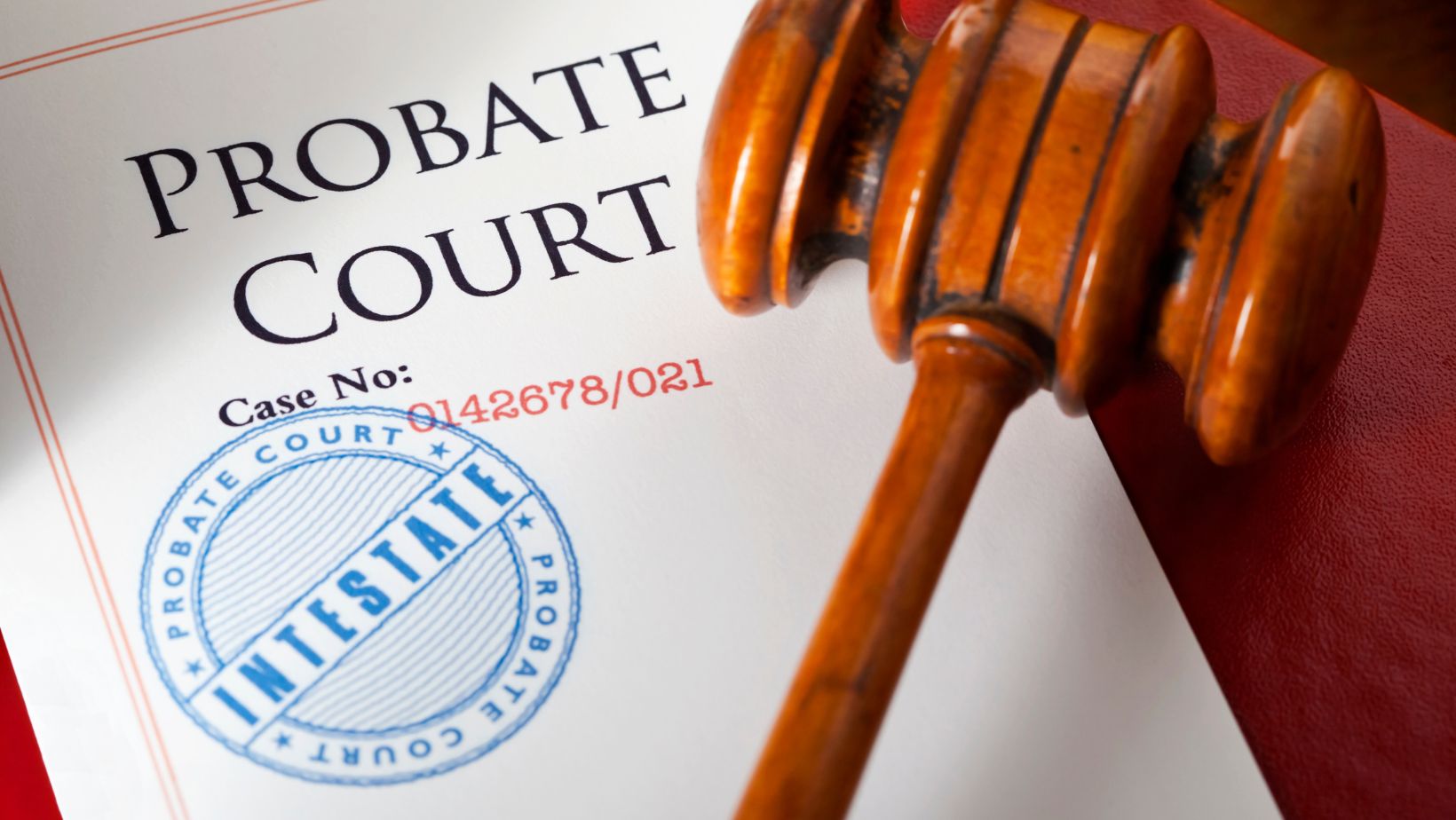
Many people think estate planning is about deciding who gets what after they die, but there is way more to it than that.
Some of your estate plan’s most critical aspects are ensuring you are taken care of while you are still here, but may not be able to make decisions yourself. Documents like the durable power of attorney or a healthcare surrogate can be total game-changers in handling your affairs if you cannot. Speaking to estate planning attorney Samah T. Abukhodeir of the Florida Probate & Family Law Firm can be fruitful.
Stay tuned as we explore why these often-overlooked documents might be the MVPs of effective estate planning.
The Financial Power of Attorney Document
The financial power of attorney is a serious player in estate planning. This document lets someone you trust and choose to step into your shoes and handle money matters, from paying your bills to managing investments, if and when you cannot make decisions yourself.

It is crucial because nobody plans to be incapacitated, yet life has twists and turns. This document ensures that your finances are smooth sailing, regardless of life’s storms, offering you peace of mind about what would happen to you in such an eventuality.
Navigating Healthcare Decisions with a Power of Attorney
A healthcare power of attorney is also similar to a financial power of attorney, except this time, it focuses on critical health decisions after incapacitation. It empowers someone you trust to make medical decisions on your behalf if you cannot communicate your wishes.
It guarantees that no matter the situation, whether from surgery complications or sudden illness, there is a clear advocate for your health preferences. Activating a healthcare proxy ensures personal healthcare values are respected without placing undue stress on loved ones. It is about maintaining dignity and control during unforeseen health crises.
Sidestepping Probate
You may not be around to experience the complex probate process and its associated costs. But knowing that your loved ones will not go through it can be comforting. So, your estate plan should involve side-stepping it. Consider setting up an irrevocable trust or a dynasty trust to sidestep probate.
An irrevocable trust protects assets against creditors and the probate process. Meanwhile, a dynasty trust extends this protection over generations, keeping the wealth within the family under controlled conditions, just as you envision while still alive, and ensuring that what you have built is preserved just as you intended. In situations where disputes arise, having an experienced estate dispute resolution team can be invaluable in navigating conflicts and ensuring that your estate plan is executed as intended, providing peace of mind for you and your loved ones.
The Role of a Will in Estate Planning
A will is the most basic level of estate planning you can have in place. Still, it can afford you peace of mind while you are alive, knowing that your wishes are well documented and that your belongings go precisely where you want them to.
However, it is crucial to note that it only becomes active after death and must be validated through a probate court. So, while a will solidifies your intentions, it also step into the limelight of public scrutiny via probate, which may not be as comforting.
Tweaking Your Estate Plan
Setting it up once is good, but keeping it current ensures it always matches your present circumstances and goals. Changes in life, such as marriage, divorce, the birth of a child, significant financial shifts, or even moving to another state, can warrant a reassessment of your plan.

Revising your estate plan keeps everything running smoothly and efficiently, aligning with the latest ‘life updates’. Always review your estate plan with professional help to make this process stress-free.
Conclusion
Estate planning isn’t just about passing on assets—it’s about protecting yourself while you’re still alive. Powers of attorney and healthcare proxies can safeguard your finances and health when you’re unable to. Regular updates and smart tools like trusts help avoid probate and keep everything aligned with your current wishes.


















